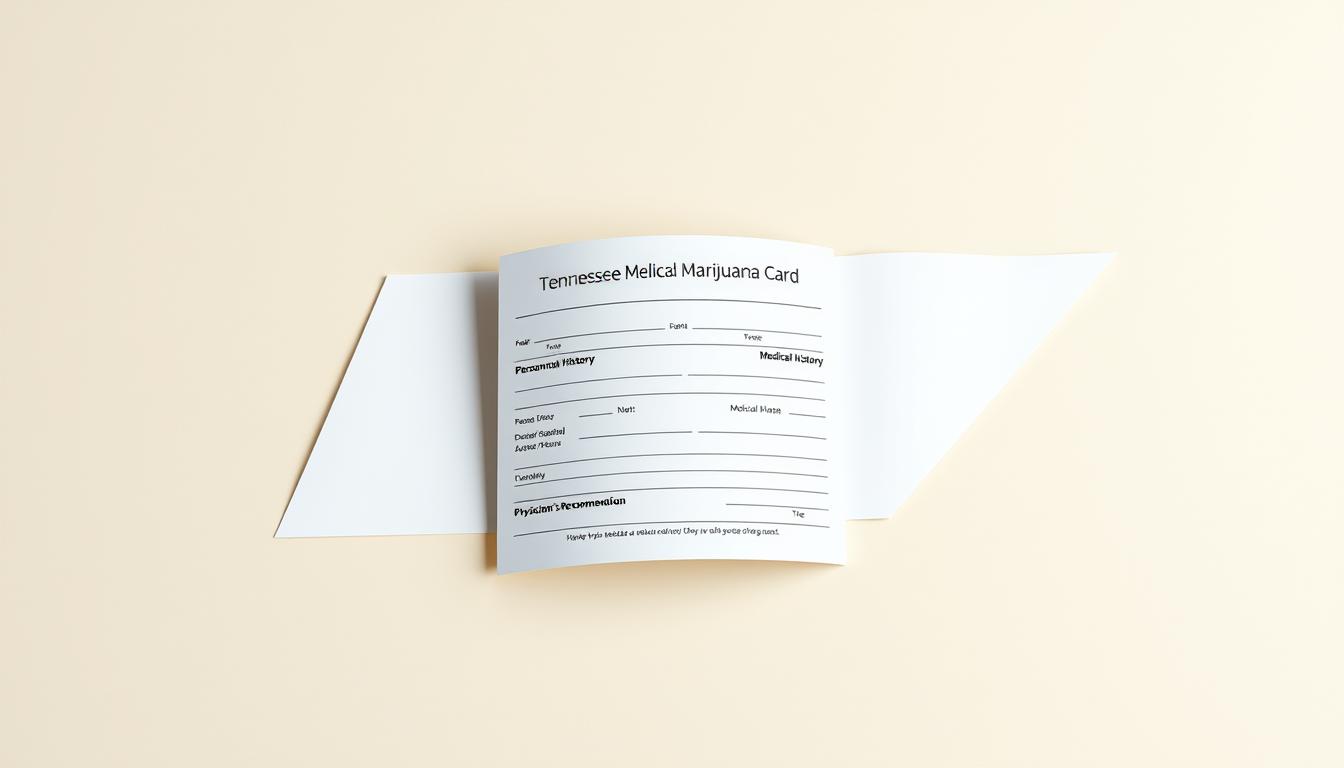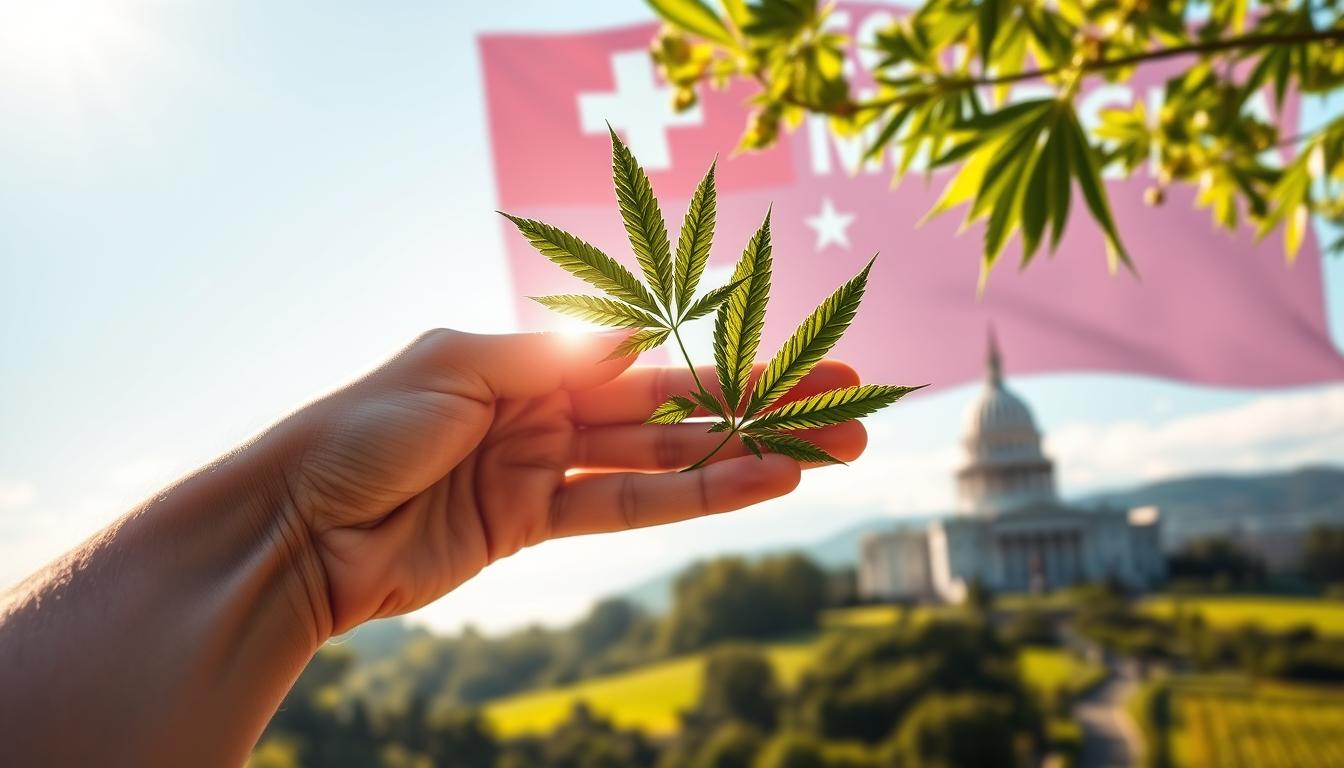Florida has changed its view on marijuana in recent years. Now, while marijuana is illegal under federal law, the state allows its use for medical purposes. This is for people with a valid Medical Marijuana Use Authorization.
The rules about Florida marijuana laws can be hard to understand. This article aims to make things clearer. It’s for those who want to know about marijuana laws in Florida.
With marijuana laws changing, it’s key to keep up with the latest. This helps you understand what’s allowed when it comes to buying and using marijuana in Florida.
Overview of Marijuana Laws in Florida
Marijuana laws in Florida are complex. They mainly focus on medical use. There are strict rules for its distribution and use.
Current Legal Status
In Florida, marijuana is legal for medical use. You need a Medical Marijuana Use Authorization from Chapter 381 of Florida Statutes. This lets patients with certain conditions buy and use medical marijuana.
Medical vs. Recreational Use
Florida’s laws make a big difference between medical and recreational marijuana use. Medical marijuana is for patients with specific health conditions. But, recreational use is illegal. For more on Florida’s marijuana laws, check out Understanding Marijuana Laws in Florida.
Key Legislation Impacting Access
Several laws have shaped Florida’s marijuana laws:
- The Compassionate Medical Cannabis Act of 2014
- The Florida Medical Marijuana Legalization Amendment (2016)
- Other laws that have refined medical marijuana laws
Medical Marijuana in Florida
To get medical marijuana in Florida, patients need to meet certain criteria and follow a specific process. The state’s program aims to help those with serious health issues.
Requirements for Registration
To get a medical marijuana card, patients must live in Florida and have a qualifying condition. This includes cancer, epilepsy, or PTSD. They also need a valid ID and proof of where they live.
The application process starts on the Florida Department of Health’s Office of Medical Marijuana Use (OMMU) website. Patients must submit their application, required documents, and fees.
How to Obtain a Medical Card
First, patients need to see a doctor who is registered with the OMMU. The doctor will check the patient’s condition. If they think medical marijuana is right, they’ll give a certification.
Then, the patient sends this certification with their application to the OMMU. After approval, they get their medical marijuana card. This card is good for one year.
Approved Conditions for Medical Use
Florida’s program helps with many serious conditions. These include:
- Cancer
- Epilepsy
- Post-Traumatic Stress Disorder (PTSD)
- ALS (Amyotrophic Lateral Sclerosis)
- Crohn’s disease
Patients with these conditions can get different types of medical marijuana. This includes oils, tinctures, and edibles from licensed dispensaries in the state.
Knowing the rules and process helps patients use Florida’s medical marijuana program. This way, they can get the relief they need.
Recreational Marijuana: The Push for Legalization
Florida is joining a national trend to rethink cannabis laws. It has already legalized medical marijuana. Now, the push for recreational use is growing.
Recent Legislative Efforts
There have been many attempts to make recreational marijuana legal in Florida. Some bills have done better than others. Advocates for legalization say it could bring in a lot of tax money and ease the criminal justice system’s load.
Legislators introduce bills to legalize recreational marijuana. Then, committees review and vote on them. Public support and lobbying are key in these decisions.
Public Opinion on Recreational Use
Opinions on recreational marijuana in Florida vary. Some people think it’s good for tax revenue and personal freedom. Others worry about crime and drug use. Surveys and polls show more people are supporting legalization over time.
- Proponents argue that legalization could lead to economic benefits.
- Opponents worry about the social and health impacts.
- The debate continues, with both sides presenting compelling arguments.
Comparisons with Other States
Looking at other states that have legalized recreational marijuana can help Florida. Colorado and California have made a lot of money from it. But they’ve also faced challenges like regulating the industry and public health concerns.
Florida can learn from these experiences, possibly avoiding some of the problems. It shows the need for careful regulation and education campaigns.
Where to Buy Medical Marijuana in Florida
In Florida, patients can buy medical marijuana from licensed dispensaries. These places offer a range of products. You can find smokable, vape, edible, and oil/concentrate forms to meet different needs.
Licensed Dispensaries
Licensed dispensaries in Florida are allowed to sell medical marijuana to registered patients. The state’s Department of Health oversees these dispensaries. This ensures that the products are safe and follow state laws.
Key Features of Licensed Dispensaries:
- Variety of cannabis products
- Regulated and inspected by the state
- Staffed by knowledgeable personnel
Online Ordering and Delivery Options
Many dispensaries in Florida provide online ordering and delivery. This makes it easy for patients to get medical marijuana without leaving home.
Benefits of Online Ordering and Delivery:
- Convenience for patients with mobility issues
- Discreet packaging for privacy
- Flexibility in ordering times
Age Restrictions and Identification
Knowing the age rules and ID needs is key for buying marijuana in Florida. The state has strict rules to make sure marijuana is sold right. It’s only for people who are allowed to buy it.
Minimum Age for Purchase
In Florida, you must be 18 years old to buy medical marijuana. But, there’s a special rule for minors with serious health issues. If you’re under 18, a legal guardian must sign you up for a medical marijuana card.
This way, minors can get medical marijuana when it’s needed. They get it with the help of a legal guardian.
Required Identification Types
To buy marijuana in Florida, you need to show valid ID. Acceptable forms of ID are a Florida driver’s license, a Florida ID card, or a U.S. passport. Your ID must be current and not expired.
If you’re getting a medical marijuana card, you might need to show you live in Florida. This rule makes sure only Florida residents and those who qualify can buy medical marijuana.
Remember, these ID rules help follow Florida marijuana laws. They help make sure marijuana is sold the right way. Knowing these rules helps you buy marijuana in Florida smoothly.
Possession Limits in Florida
Marijuana possession laws in Florida are strict, and understanding these laws is essential.
Florida’s laws on marijuana possession are strict. They are designed to follow the state’s medical marijuana program. For those with a medical marijuana card, there are rules on how much they can have.
Amounts Permitted for Medical Use
Registered patients can have up to a 70-day supply of marijuana. This amount is decided by their doctor. The exact amount depends on the patient’s needs and the doctor’s advice.
Key Points to Consider:
- A 70-day supply is the maximum allowed for registered patients.
- The amount is determined by the physician’s recommendation.
- Patients should ensure they are within the legal limit to avoid penalties.
Penalties for Exceeding Limits
The penalties for having too much marijuana in Florida depend on the amount. Having less than 20 grams is a misdemeanor. Having 20 grams or more is a felony. For more details, visit NORML’s Florida Penalties page.
Understanding these regulations is key for those using medical marijuana. It helps them stay within Florida’s cannabis laws.
Cannabis Cultivation in Florida
Cannabis cultivation laws in Florida explain how people can grow marijuana. They stress following state rules. Florida mainly deals with medical marijuana, with clear rules for growing it for health reasons.
Home Growing Laws
Florida law stops people from growing cannabis at home for fun or personal use. The state’s medical marijuana program lets patients get cannabis from approved dispensaries. But, growing it at home is only allowed in rare cases that don’t usually apply to most patients.
Key points to consider:
- Home growing for fun is not allowed.
- Medical marijuana patients must buy from licensed dispensaries.
- Breaking the law on growing cannabis can lead to serious penalties.
Regulations for Cultivating Cannabis Plants
Commercial cannabis growing in Florida is watched over by the Office of Medical Marijuana Use (OMMU). They manage the state’s Medical Marijuana Program. Licensed Medical Marijuana Treatment Centers (MMTCs) can grow, process, and sell medical marijuana.
Regulations include:
- Licensed growers must follow strict security and growing rules.
- The OMMU controls what types of cannabis products can be made.
- There are rules for how products must be labeled and packaged.
It’s important for businesses and people in Florida’s medical marijuana field to know these rules. As laws change, keeping up is essential for following the rules and doing well in growing cannabis.
Impact of Marijuana Legalization on Local Economy
Marijuana legalization has brought new economic opportunities to Florida. The cannabis industry is opening doors for businesses, jobs, and more money. This helps grow the state’s economy.
Job Creation in the Cannabis Sector
The cannabis industry is creating many new jobs. This includes roles in growing, processing, selling, and supporting services. A study shows this industry could make a big difference in job numbers, helping to lower unemployment and boost local economies.
Key areas of job creation include:
- Cultivation and harvesting
- Processing and manufacturing
- Retail and dispensary operations
- Ancillary services such as legal, marketing, and security
Tax Revenue Generation
Marijuana legalization also brings in a lot of tax money for the state. A report by Duke University shows the cannabis industry can add a lot to state funds. This money can help pay for public services, projects, and community programs, helping the local community.
The taxation structure for marijuana includes:
- Excise taxes on cannabis products
- Sales taxes on retail sales
- Licensing fees for businesses
Health and Safety Considerations
With legal weed in Florida on the rise, knowing the health and safety of marijuana use is key. As the Florida medical marijuana program expands, it’s vital to talk about the risks and how to use it safely.
Risks of Marijuana Use
Marijuana, even for medical reasons, has health risks. These include breathing problems, a faster heart rate, and effects on mental health, mainly for those with a history of mental health issues. It’s important for users to know these risks and watch their health.
Also, marijuana can affect how well you think and move, making it dangerous to drive or use heavy machinery. Knowing these risks is essential for safe use.
Safe Consumption Practices
To use marijuana safely, start with small amounts and increase as needed and with a doctor’s advice, if you’re new to it. Choose products from licensed places that test their products, ensuring they are safe and of good quality.
Also, know how different ways of using marijuana work and their effects. For example, edibles can take longer to start working, which can lead to taking too much. Knowing about the product and its effects can help avoid bad reactions.
- Choose lab-tested products from licensed dispensaries.
- Start with low doses and gradually increase.
- Be aware of the consumption method and its effects.
Future of Marijuana Laws in Florida
Florida’s marijuana laws are set to change. The push for legalizing recreational marijuana is growing. Groups are working hard to change public opinion and policy.
Emerging Trends and Legislative Efforts
There’s a big push to make marijuana legal in Florida. Supporters say it could help the economy and make Florida more like other states. It’s important to watch how these laws are shaped.
Advocacy Groups Shaping the Future
Groups are leading the fight for new marijuana laws in Florida. They work to show the good of legalizing marijuana and get people on board. Their work is key to changing Florida’s marijuana laws.


